The Scion IQ Is Dead: Here's Why
Reports last week that the Scion iQ is not long for this world came just weeks after Toyota USA issued a sales release showing that iQ volume was chopped in half in 2014.
One year earlier, Toyota’s sales report showed iQ sales falling 54% from 2012 levels.
• iQ sales decline every month
• Scion sales down 66% from 2006 high
More specifically, U.S. sales of the iQ tumbled in each of the last 24 months. Only once, in December 2012, the iQ’s first opportunity at posting a year-over-year improvement, did it do so, surging 32% compared with its first month on the market.
But the iQ was slow from the start and didn’t possess the kind of initial appeal we often see even from cars which eventually become wildly unpopular. For example, Mercedes-Benz’s Smart Fortwo generated 24,622 in its first year on the market before posting three rapid sales declines, but the iQ’s first full year in America resulted in only 8879 sales.
After the iQ’s best month – March 2012, when 1285 were sold – sales progressively decreased in each of the five following months. As the theory goes, those who really wanted one already had one. And rather unfortunately, there weren’t many who wanted one.
By the fourth-quarter of 2014, the worst ever quarter for the iQ, only 288 copies left Scion showrooms, a 58% year-over-year decline and an 86% drop compared with the fourth-quarter of 2012. In mid-January, Cars.com’s inventory listings show only 186 iQs available.
The main issues which had a negative impact on the iQ included its size, its more spacious competition, its more spacious and more affordable competition, and perhaps even the logo above its front grille. “Physics are physics,” Scion’s Doug Murtha said, “and they’re nervous about driving a vehicle that size.”
Undoubtedly, yet other tiny cars prove capable of finding greater success. The Fiat 500 was on sale nine months before the iQ, for instance, and generated more sales activity in its first ten months than the iQ has done all-time.
The Chevrolet Spark arrived eight months after the iQ. GM sold 85,674 Sparks in the nameplate’s first 30 months, nearly nine times more than the number of iQs sold in the same period.
Toyota’s own Yaris steadily became more unpopular over the last six years, but it sold nearly six times more often than the iQ over the last two years.
Yes, those cars are larger, but this isn’t Europe. The fact that the iQ is small was not to its credit in the United States. Brilliant packaging doesn’t invariably equate with sufficient space, after all.
All four of the potentially competitive cars mentioned so far are either equally affordable or distinctly less expensive. There were other knocks against the iQ. Its continuously variable transmission is poorly calibrated, rear drum brakes seem particularly antiquated when a car is charging a dimensional deficiency premium, the rear seats exist but aren’t genuinely usable, there’s very little interior storage, and fuel economy simply isn’t that impressive. At an EPA highway-rated 37 mpg, the iQ trails many compact cars.
Worst of all, the iQ was brought to America as a Scion, a brand that’s suffering as interest in their all of their products is drying up rapidly. That’s an odd trait in the current American automotive scene. U.S. consumers registered more new vehicles in 2014 than at any time since 2006. Scion sales in 2014 fell to the third-lowest full-year total in the brand’s history, down 15% year-over-year; down 66% compared with 2006.
Would the iQ have been a hit if it was a Toyota? No. But would it have flopped this hard if they’d made it a Toyota instead? No.
The iQ was an experiment, but it certainly wasn’t a brand-saving day in the laboratory.
Timothy Cain is the founder of GoodCarBadCar.net, which obsesses over the free and frequent publication of U.S. and Canadian auto sales figures.
More by Timothy Cain
Latest Car Reviews
Read moreLatest Product Reviews
Read moreRecent Comments
- Kjhkjlhkjhkljh kljhjkhjklhkjh A prelude is a bad idea. There is already Acura with all the weird sport trims. This will not make back it's R&D money.
- Analoggrotto I don't see a red car here, how blazing stupid are you people?
- Redapple2 Love the wheels
- Redapple2 Good luck to them. They used to make great cars. 510. 240Z, Sentra SE-R. Maxima. Frontier.
- Joe65688619 Under Ghosn they went through the same short-term bottom-line thinking that GM did in the 80s/90s, and they have not recovered say, to their heyday in the 50s and 60s in terms of market share and innovation. Poor design decisions (a CVT in their front-wheel drive "4-Door Sports Car", model overlap in a poorly performing segment (they never needed the Altima AND the Maxima...what they needed was one vehicle with different drivetrain, including hybrid, to compete with the Accord/Camry, and decontenting their vehicles: My 2012 QX56 (I know, not a Nissan, but the same holds for the Armada) had power rear windows in the cargo area that could vent, a glass hatch on the back door that could be opened separate from the whole liftgate (in such a tall vehicle, kinda essential if you have it in a garage and want to load the trunk without having to open the garage door to make room for the lift gate), a nice driver's side folding armrest, and a few other quality-of-life details absent from my 2018 QX80. In a competitive market this attention to detai is can be the differentiator that sell cars. Now they are caught in the middle of the market, competing more with Hyundai and Kia and selling discounted vehicles near the same price points, but losing money on them. They invested also invested a lot in niche platforms. The Leaf was one of the first full EVs, but never really evolved. They misjudged the market - luxury EVs are selling, small budget models not so much. Variable compression engines offering little in terms of real-world power or tech, let a lot of complexity that is leading to higher failure rates. Aside from the Z and GT-R (low volume models), not much forced induction (whether your a fan or not, look at what Honda did with the CR-V and Acura RDX - same chassis, slap a turbo on it, make it nicer inside, and now you can sell it as a semi-premium brand with higher markup). That said, I do believe they retain the technical and engineering capability to do far better. About time management realized they need to make smarter investments and understand their markets better.




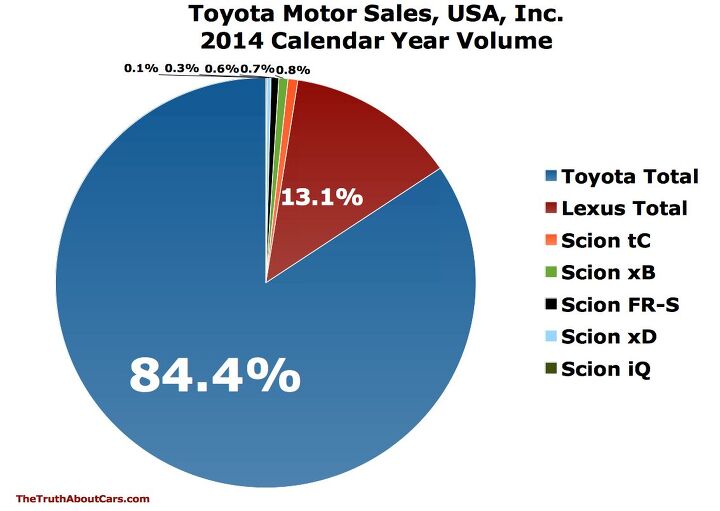















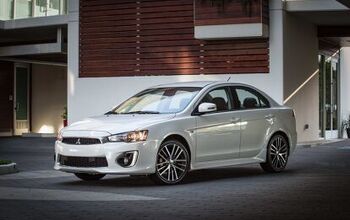
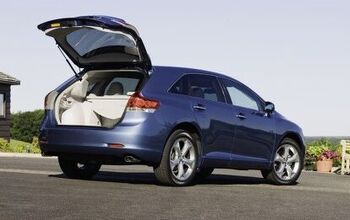

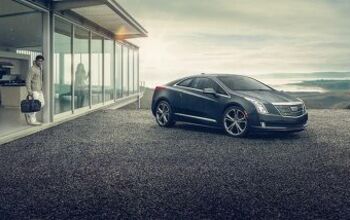
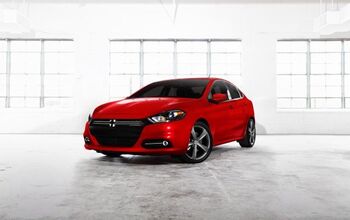










Comments
Join the conversation
The Scion iQ is dead: Here's why Nobody anywhere bought them as Scions or Toyotas because it answered a question nobody asked and looked awkward doing it, had weird seating and a very high price, with a none too deluxe interior, despite Toyota calling it a premium vehicle. A sales dud. Aston Martin, who made the Cygnet based on it dropped it in 2013, saying Toyota was dropping the iQ at the end of 2014. Toyota swore up and down that Aston had it wrong, but, they lied. And here's the proof.
Embarrassingly enough, I had looked at an iQ a few days ago as a sort of commuter car (since I only commute about 5 and a half miles to work). Toyota dealer is asking 12 for it. Its passive interest. The sales person has literally been on me every single day calling trying to get me to buy it. I guess they are even trying to get rid of the used ones fast.